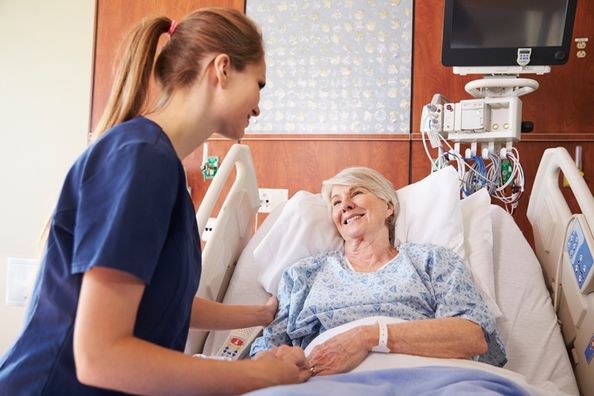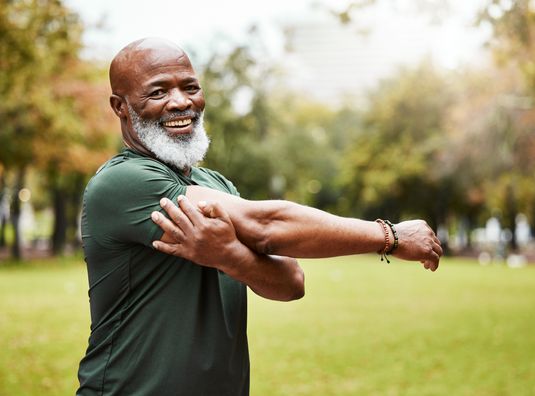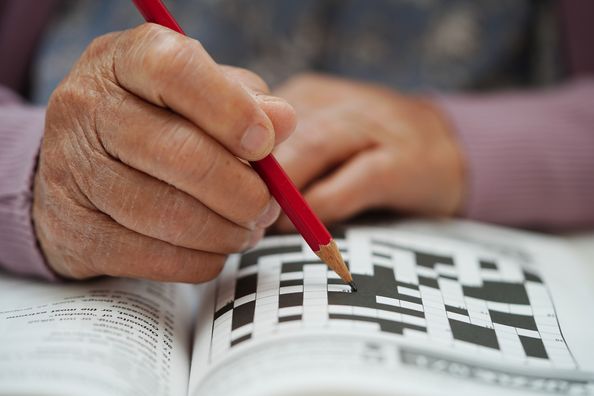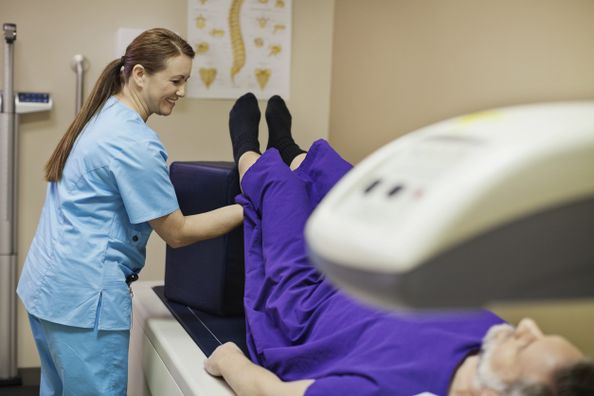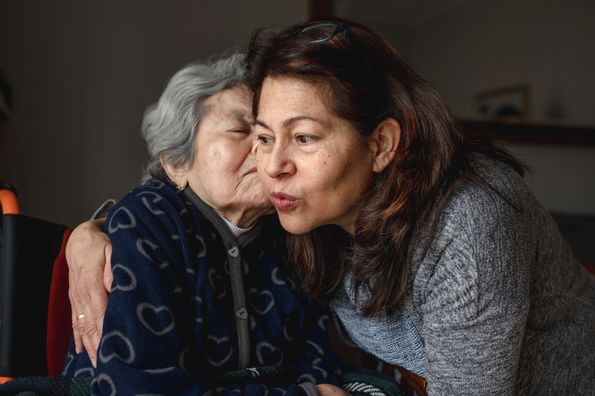While prolonged hospital stays are intended to restore your body, long periods of bedrest may result in various physical side effects. BreakThrough Care Center physician, Dr. Karl Szafranski, shares insights to help prepare you for physical changes that you may experience with a long hospital stay.
Pressure Sores
It is difficult to change positions and move your body to keep blood flowing when confined to a hospital bed. Periods of bedrest puts pressure on your body, diminishing blood supply, which can result in pressure sores commonly referred to as bed sores. Pressure sores can arise as early as two hours into a hospital stay and are often found on the lower back, tailbone, heels, elbows and hips. To help prevent the onset, your nurse will help you to periodically shift positions.
Weak Bones and Muscles
Long hospital stays may affect your bones and muscles, as you are unable to stretch and move around as normal. Your bones bear your weight as you stand and walk, while your muscles work to get you where you need to go. Due to the inactivity you experience when your body is in recovery mode, your bones and muscles weaken, which makes your body more prone to fractures and stiff joints.
If possible, try to take short walks through the hospital with a nurse or family member to exercise muscles, loosen joints and maintain the strength of your bones. If you are unable to get out of bed, try to sit up and do small exercises, such as flexing and relaxing your muscles and moving your limbs.
Constipation and Digestive Issues
In addition to maintaining the strength of your muscles and bones, movement helps regulate your digestive system. While part of your healing process, bedrest can contribute to constipation or gut issues for several reasons, including:
- Immobility: A lack of movement lessens the wave-like contractions of the colon, making it difficult to empty your bowels.
- Diet: Bedridden patients tend to eat less than when they are up and moving. This can lead to longer stool transit times and cause constipation.
- Medication: If your recovery process requires a long hospital stay, it is likely that you are taking medication. Certain medications, such as blood pressure medications and antidepressants, can impact regular bowel movements and may lead to constipation.
Eating a diet high in fiber, drinking plenty of fluids and engaging in exercise when possible can help alleviate constipation. If this does not improve constipation, talk to your physician about other methods that may be helpful for you.
Blood Clots
Often times, injury and surgery require hospital stays for proper recovery. However, when certain parts of your body are not being used, the blood from your veins will travel more slowly to your heart. Slow-moving blood is at a higher risk of clotting and is especially prominent in those recovering from leg surgery or injury.
To help prevent blood clots, pneumatic compression wear, powered by an electric pump, can be worn to squeeze your appendages and move blood through your veins. If you are at a higher risk for blood clots, you may be given an anticoagulant by your physician.
Physical decline after a long hospital stay can happen to anyone, and actively working to maintain your physical strength will go a long way when transitioning back to everyday life. To help keep your body on the road to recovery, try a few small steps each day to help maintain your strength and stamina. To learn more tips for recovery, or to schedule an appointment with one of our physicians, please visit DuPageMedicalGroup.com.
Health Topics:

